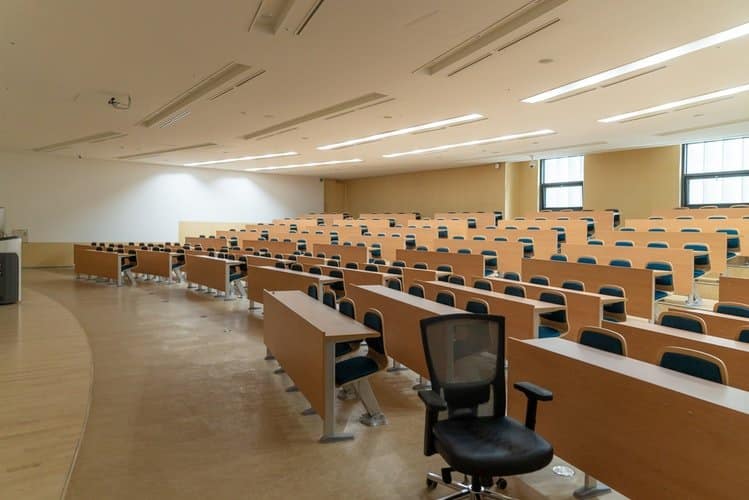University administrators with responsibilities which fall within the disability services, IT and accessibility departments were formerly faced with the daunting challenge of making the case for embedding more digital technologies into current classrooms to aid more students. Now, with 200 universities and colleges moving their courses online in response to the coronavirus outbreak, the expertise of these individuals is being enlisted to get their schools and all university peers up to speed regarding remote and accessible technologies.
Three of these subject matter experts, Mark Nichols of Virginia Tech, Korey Singleton of George Mason University and Richard Hoar of FIT, will speak on the opening panel of EduALL, Verbit’s complimentary virtual summit, on April 1st. The event is designed to provide higher-ed professionals with best practices, tips and tools to evolve their universities and online schools to work for all students, regardless of ability or disability.
Nichols, Singleton and Hoar will bring their strategies for implementing more accessible technologies into coursework during the session, Universities In Action. Viewers will have the opportunity to learn more about their established and growing inclusivity initiatives.
From utilizing tech tools to taking inclusion outside of the classroom walls, attendees leave this session armed with implementation strategies and metrics of success to look out for.
Due to the current state of events affecting all universities globally, faculty members who have never taught online before are being challenged to do so effectively. Not only do they need to account for how to edit the courses to an online format, but must understand how to keep their students engaged in learning despite all of the ongoing distractions.
One area where Nichols, Singleton and Hoar thrive is their understanding of the importance of using technology to fuel accessibility in higher education. They are taking proactive stances on their campuses and launching campaigns to promote inclusivity and accessibility for all students.
They’re working to make all course materials more accessible to students. For example, they’re committed to offering technologies, such as captions on course videos and providing live transcripts of lectures for note taking, which can drive campus-wide academic success, regardless of students’ abilities or disabilities.
Don’t miss the opportunity to hear from three university leaders who were leading the charge toward digital prior to the coronavirus precautions that today’s campuses are enlisting. RSVP here to join the EduALL virtual summit.

